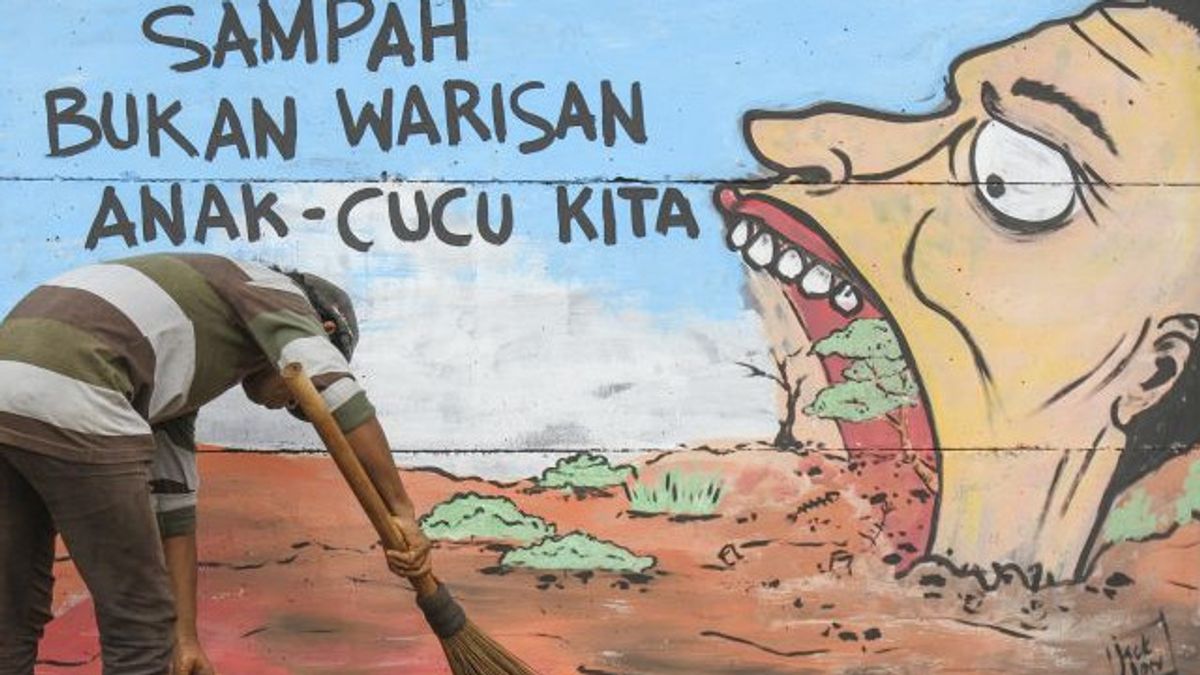JAKARTA - The West Java Provincial Government is trying to handle more than 24 thousand tons of waste every day. The method starts from increasing the role of the waste bank and mobilizing residents to manage waste.
"We also hope that the public's concern will help solve this waste problem. We are the ones who produce the waste, we will also solve it," said Head of the West Java Province Environmental Service Prima Mayaningtyas at the commemoration of the 2022 National Waste Care Day in Bandung City, Tuesday, March 8.
Actually, there are already 1,616 waste banks in West Java. Garbage banks, apart from sorting and processing waste, also mobilize residents to handle household waste.
"Of the 1,616 not all of them are active, yes, there are ups and downs, some are now appearing and missing," said Prima as quoted by Antara.
The provincial government has also collaborated with digital platform providers such as Octopus, MySmash, Greeny, and Pointtrash to address the waste problem.
West Java Governor M Ridwan Kamil stated the need for integrated waste management from upstream to downstream.
"In order to provide economic benefits, resources, and a healthier environment," said Ridwan in his written remarks.
He said that the increase in population, changes in people's consumption patterns, and the COVID-19 pandemic made the generation of waste in the West Java region increase.
"In 2020 the population of West Java reaches 49.9 million people with waste generation reaching 24,790 million tons per day," he said.
According to him, the composition of residents' waste consists of food waste, plastic, cardboard, as well as packaging and wrapping of goods.
"From the total amount of plastic waste that has been recycled, it is estimated that only 10 to 15 percent have been recycled. The rest, 60 to 70 percent is stored in landfills and 15 to 30 percent is not managed and is wasted into the environment," he said.
The West Java Provincial Government seeks to optimize the role of waste banks to handle unmanaged waste that has been wasted in the environment.
The English, Chinese, Japanese, Arabic, and French versions are automatically generated by the AI. So there may still be inaccuracies in translating, please always see Indonesian as our main language. (system supported by DigitalSiber.id)








